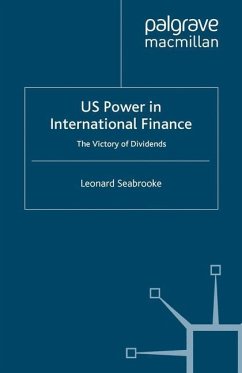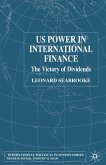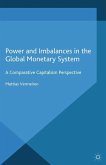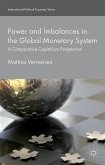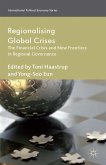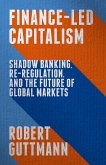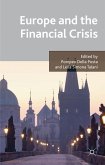Leonard Seabrooke argues that they key to understanding 'change' in international finance in the last forty years rests with US structural power. He demonstrates for the reader how structural power draws from embedded state-societal relations and how the US promotion of 'direct financing' has encouraged Britain, Japan, and Germany to 'catch-up' to US-led innovations. In drawing considerably on multidisciplinary insight, the book will benefit all those who wish to understand more about 'change' in the international political economy.
Leonard Seabrooke has written a most impressive book, not only for its extraordinary scope of empirical research on an important and timely topic - the sources of international finance - but for the adeptness with which the author breaks down the archaic divide between International Relations, Sociology and State Theory. Accordingly, I can unreservedly recommend it to all students and scholars who are interested in a wider approach to understanding the contemporary world political economy to that found in mainstream IR approaches.' - John M. Hobson, University of Sydney

